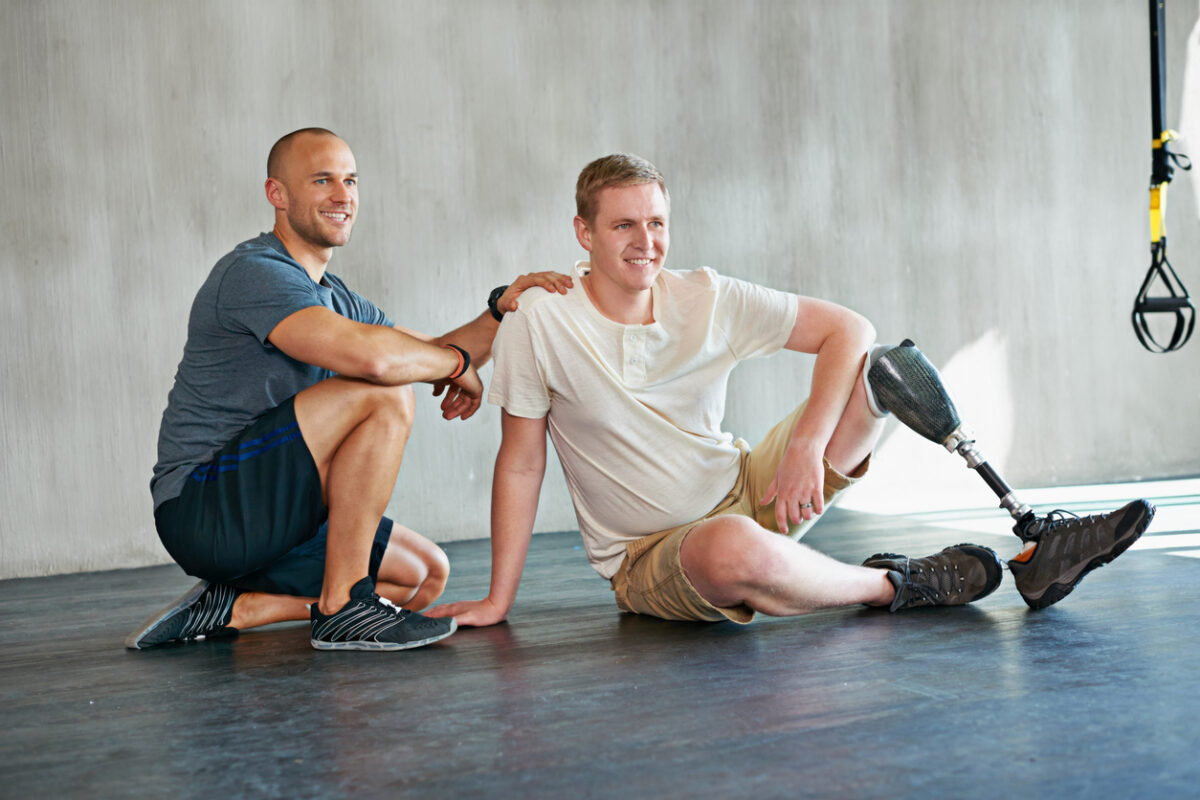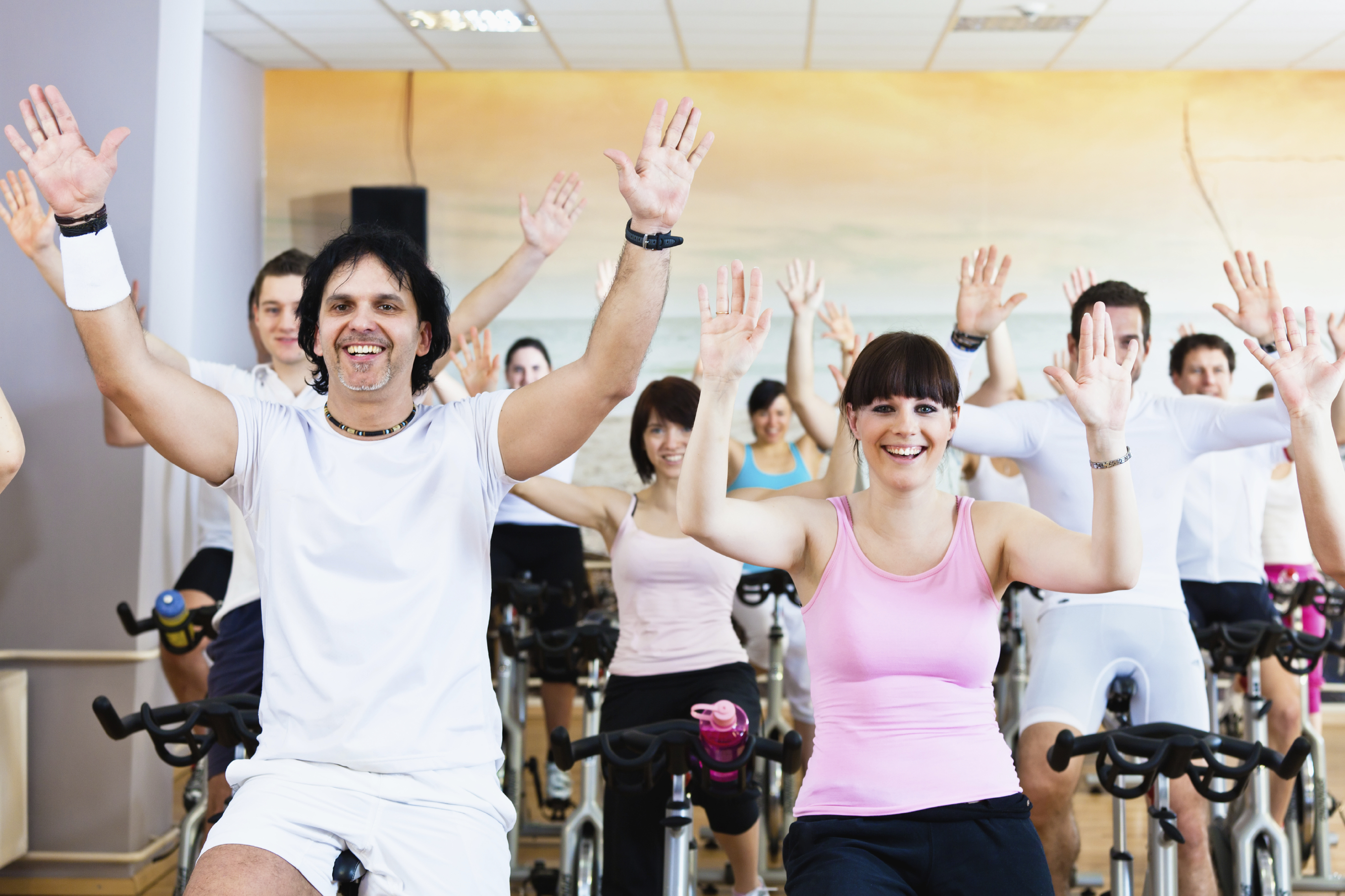How Exercise Physiology can help NDIS participants
Exercise Physiology is an established therapy in the NDIS and research-backed to benefit to a wide range of NDIS Participants. Physiologists closely collaborate with NDIS Participants empowering them to build self-efficacy and achieve long-lasting positive changes to physical and mental health. Exercise Physiologists strategically utilise exercise to stimulate desirable adaptation in the body’s physiology. Your Exercise Physiologist will also provide you with strategies around behaviour change which is an area often left behind in the physical health spaces. By paying attention and listening to NDIS Participant preferences we are able to design personalised programs that can foster the growth of sustainable healthy habit building.
Small Steps, Big Changes!
Regular, structured movement may be the simplest, and least invasive way to sharpen mental clarity and elevate energy throughout the day. Even a single session—think a brisk walk or a few flights of stairs—ramps up circulation to the brain and muscles, sweeping away mental and physical fatigue in minutes. Partnering with an accredited Exercise Physiologist transforms these quick benefits into a personalised program that consistently maximises your energy levels and vitality.
Consistent exercise could also act as the catalyst to achieving consistent restorative sleep for you. Tailored exercise from your Exercise Physiologist can help to regulate your circadian rhythm, the cycle that prepares the body for sleep. Deeper, higher-quality sleep then accelerates muscle recovery, balances appetite-regulating hormones, and refines cognitive functions such as memory and decision-making. While these changes might not feel significant day to day, after working with your physiologist you are more likely to sleep easier and wake up with renewed clarity and energy.
Social Connections through Exercise Physiology for NDIS Participants
There has been a growing body of research linking exercise habits to healthier more meaningful relationships, feelings of connection and belonging. The above improvements in energy and sleep are a great way to stabilise mood and patience which are key ingredients to communication and conflict resolution. Better mood stability and communication skills can help to reduce anxiety and build self-esteem can lower some of the psychological barriers some of us experience when interacting socially.
 What the research says
What the research says
Data from the U.S. Behavioural Risk Factor Surveillance System including over 1 million subjects showed that group-based exercise participants had 20% fewer “poor-mental-health days” than solo exercisers, even after adjusting for age, income and baseline health.
A 2021 systematic review in Preventive Medicine Reports examined 13 trials and concluded that adults who joined organised walking, yoga, or strength-training groups reported significant reductions in loneliness compared with non-active controls.
Incorporating Social Doses in Exercise Physiology Consultations
What this all means for you is that your exercise physiologist can design programs that intentionally weave in a “social dose”: depending on your abilities, small-group exercise classes, walking clubs, partner-based resistance sessions or community offerings may be suitable. By pairing evidence-based exercise with settings that foster interaction, you won’t just be getting fitter, you will be building the confidence and connections that turn acquaintances into meaningful relationships—powerful medicine for loneliness.
Customised Care for All NDIS Conditions
If you’re living with a disability, chronic condition or mental health challenge that is impacting your motivation to exercise, your Exercise Physiologist is trained to meet you where you are. Our education and experience enables us to work with a range of conditions supported by the NDIS, including neurological disorders, mental-health challenges, chronic and complex conditions, amputation, and physical disability. We are experts in being flexible and we can adapt sessions for NDIS participants with mobility aids, sensory needs, fluctuating energy levels, vestibular challenges and much more.
What your NDIS-funded Exercise Physiology treatment looks like
NDIS Exercise Physiology consultations can blend a mixture of one-on-one clinic visits, clinical group sessions, home programs or telehealth consultations with us. We always make sure to keep your healthcare team ‘in the loop’ regarding you progress and can help to expand your team to achieve the best possible outcomes for you!
How to access Exercise Physiology for NDIS
NDIS participants can access our services under the Capacity Building, Improved Daily Living, and Health and Wellbeing funding categories. Our Exercise Physiology services are priced up to 20% lower than other forms of physical therapy, allowing you to maximise your funding. If this information sounds appealing, take the next step and book in for a session with the EP Group. We have been proudly registered as an NDIS provider for over 8 years and we continue to achieve meaningful change for our NDIS Participants through exercise-based programs!
This article was written by Mark Charalambous. Mark consults with NDIS Participants from our clinic in South Yarra, servicing NDIS participants in South Yarra, Prahran, Windsor, Toorak, Richmond, Malvern, St Kilda and Caulfield, . Contact us at admin@theepgroup.com.au or on 03 90295590 to find out more about how we can help you.


